08Feb
08Feb
Difference between Weight Loss and Fat Loss
You may have heard people talk about Weight Loss and Fat loss as if they are same thing. When you gain weight, you gain fat. But does it work the other way around? Does losing weight mean you are losing fat?
The answer is “no” – or at least, not necessarily. If you drop 1kg on the scales, that doesn’t simply mean you’ve lost fat. Perhaps you’ve lost water. Perhaps you’ve lost muscle. You might also have lost fat. Here’s the thing: we don’t know. Why? Because WEIGHT LOSS is NOT to the same as FAT LOSS.
Weight Loss vs. Fat Loss. What’s the difference? Let’s start by defining weight loss & fat loss:
- Weight Loss. You want to lower your body-weight, the sum weight of your bones, muscles, organs, body fat, …
- Fat Loss. You want to lower your body fat, the amount of fat your body carries. Healthy goals are 10% body fat for men and 15% for women.

Clothes, mirrors & pictures don’t lie. But the weight scale can become your worst enemy by misleading you and killing your motivation or giving you false hope. Look at the picture above, they all weigh the same but look very different.
How to achieve Fat Loss?
Your goal is to preserve muscle while at the same time losing fat. If you starve yourself, there is a high chance that your body will be burning muscle instead of fat. This is not good since muscle is very important when it comes to burning calories. Losing muscle means you will have a more difficult time losing body fat.
Keys to losing fat, not muscle:
- Get Stronger. Strength training builds muscle & prevents muscle loss. It also helps sticking to your diet.
- Eat Healthy . Eat whole unprocessed foods 90% of the time and eat less starchy carbs.
You can do cardio to speed up fat loss, but without strength training, cardio will cause muscle loss and you’ll end up skinny fat.
So what’s the answer? It’s all about getting a balance of healthy food and the right type of exercise. By combining a healthy life style with cardio twice a week and three strength sessions you will see the results your looking for.
Remember, the numbers on the scale aren’t the best indicator of body composition. What matters most is how you feel, how you look, and how you perform.
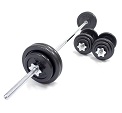

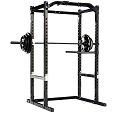
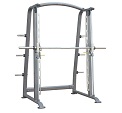
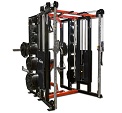




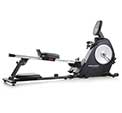

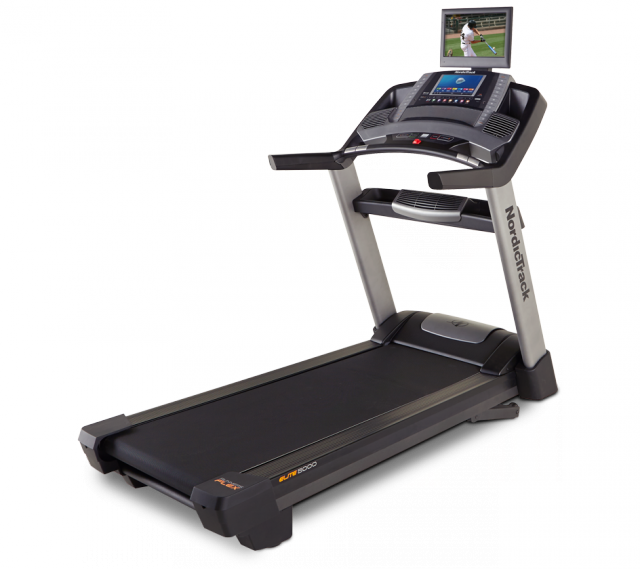
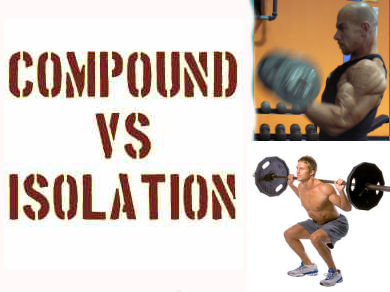
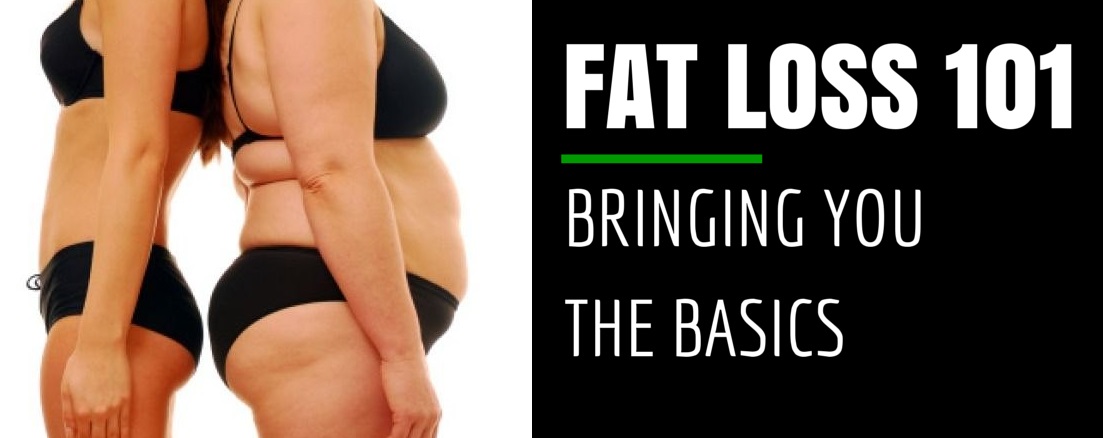
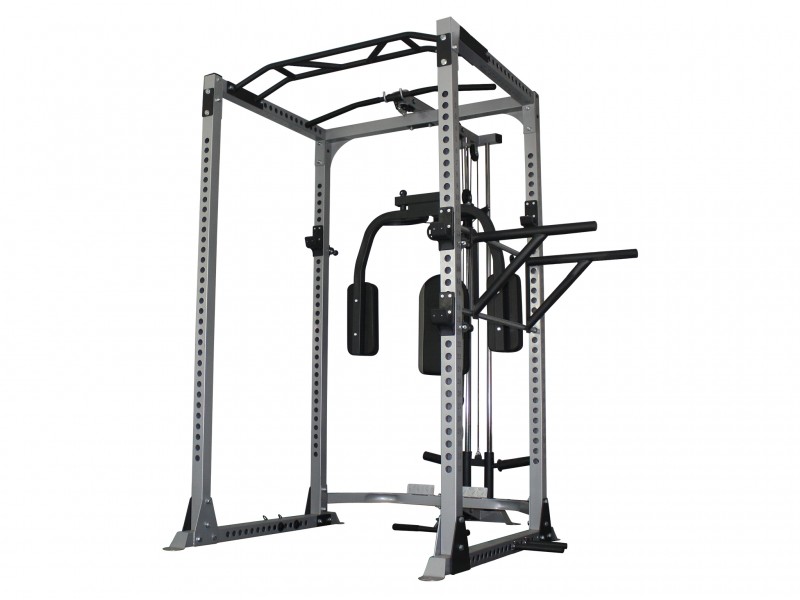
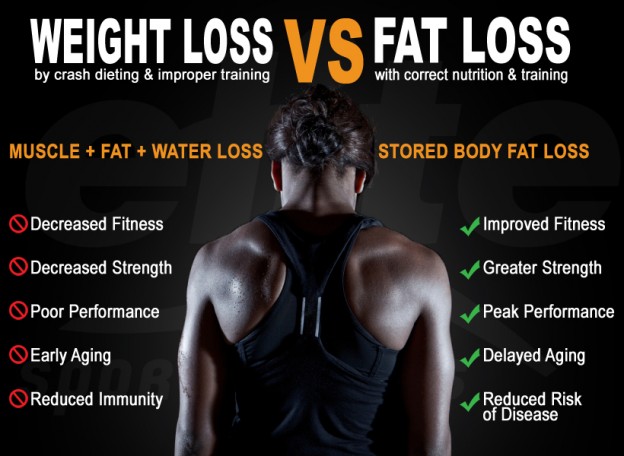


















0 customer responses